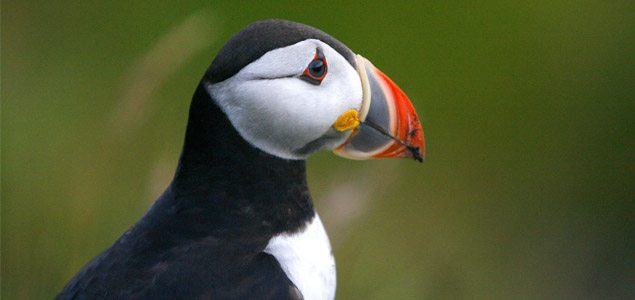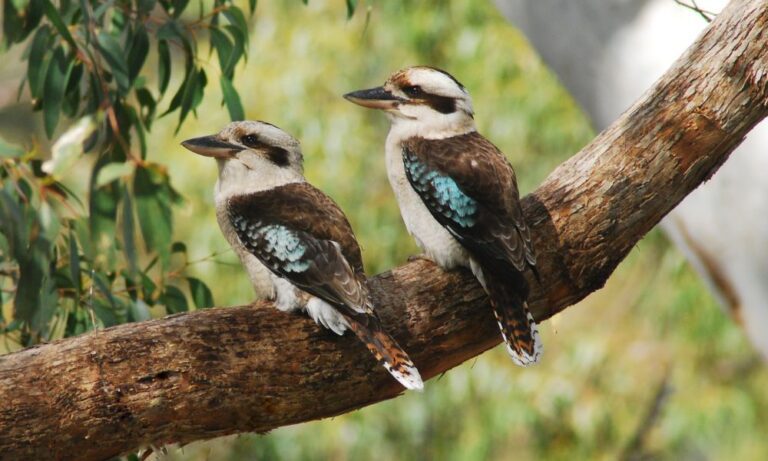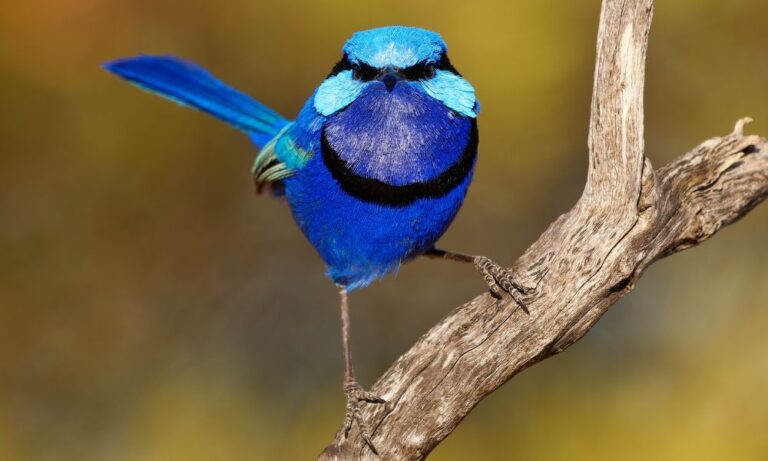Puffins may be unfamiliar to many of us in the southern hemisphere – apart from a few notable cartoon depictions. But the long-lived birds have flourished for many years in the northern part of the world.
Known for their large beaks, which become brightly coloured during the breeding season, puffins are a type of seabird that breed in large colonies on offshore islands and coastal cliffs.
The Farne Islands (off the British coast) have been home to puffin pairs and their underground burrows for many decades; the oldest Farne puffin is 32 years old!
While the resilient birds have flourished over the years – thanks in part to an absence of predators and the UK national trusts careful management of the island’s annual 40,000 visitors – climate change has become a serious threat.
Ten national trust rangers living on the island, will be forced to dangle their bare hands down 60,000 puffin burrows over the next two months. The task will see many nipped fingers and hands full of sand eels to help them determine whether breeding pairs have continued to fall after what they’ve donned “the worst puffin wreck in 66 years”.
Caused by icy easterly winds, the ‘wreck’ resulted in 3,500 dead birds washing up along the northeast coast of Britain. This cold winter tragedy for the bird population followed a wet summer where puffins, on the archipelago off Northumberland, were flooded form their underground homes. More than 40 per cent failed to breed.
Rising sea temperatures have also caused havoc for the birds when diving for their prey of sand eels, as warmer waters drive the prey away, further north. Stormy weather also causes water to become much too turbid and the puffins – who spend the winter floating on the North Sea – are unable to detect their prey.
Counting puffins is a delicate job. Rangers must carefully reach into each burrow and use their bare hands to detect the monogamous pairs and the presence of an egg that they may be sitting on. Bites and scars are an inevitable part of the job, the head ranger has confirmed.
The epic census on the Farne Islands occurs every five years and first began in 1939. While puffin numbers have soared from 3,000 breeding pairs to 36,835 pairs in 2008, this was a 30 per cent fall in numbers from 2003.







